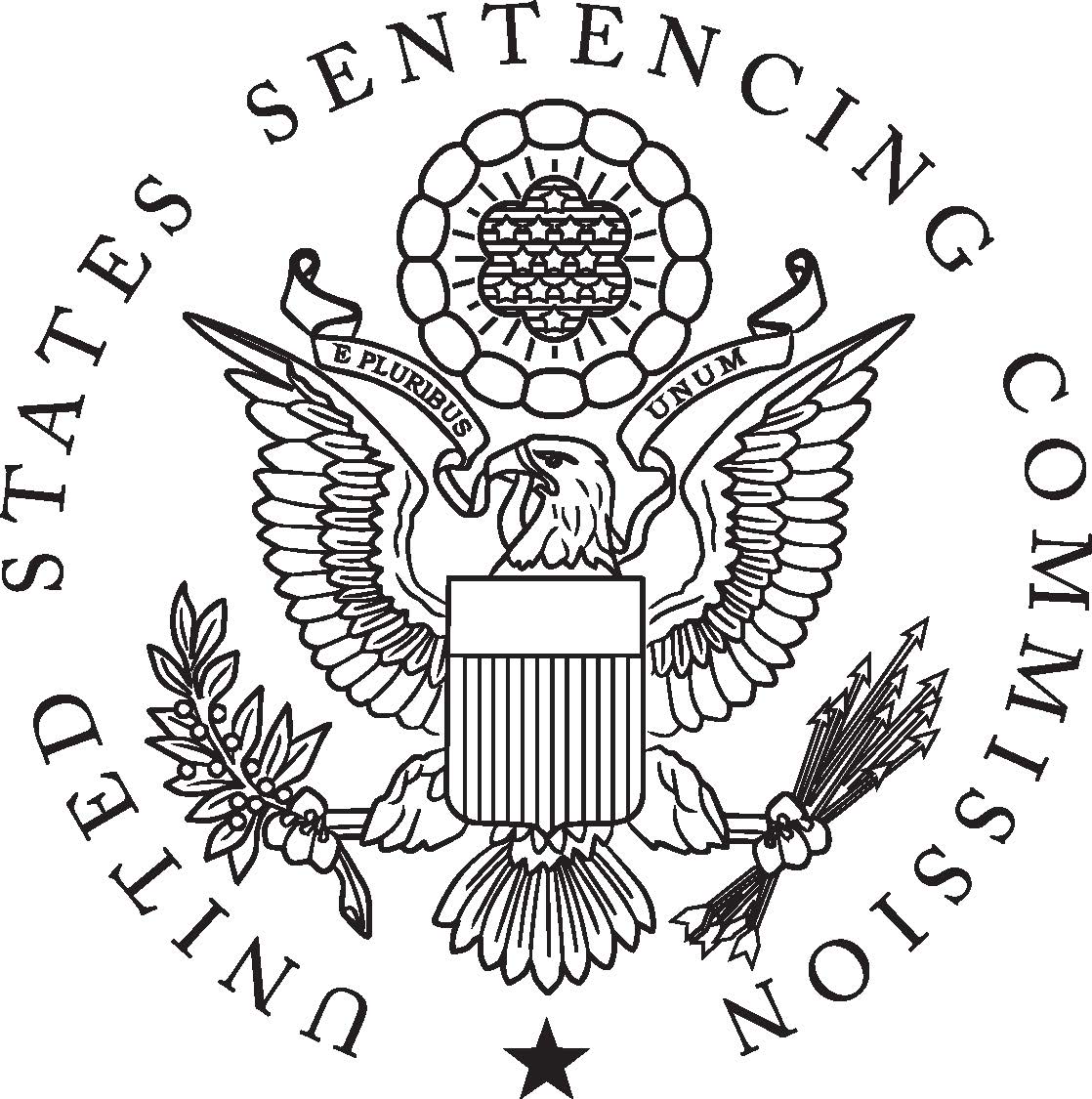December 13, 2018
Contact: Office of Legislative and Public Affairs
(202) 502-4500 | pubaffairs@ussc.gov
U.S. SENTENCING COMMISSION PUBLISHES FOR COMMENT
PROPOSED AMENDMENTS TO THE FEDERAL SENTENCING GUIDELINES
Holds Final Public Meeting of the Current Commission
WASHINGTON, D.C. (December 13, 2018) — The United States Sentencing Commission voted today to publish for comment proposed amendments to the federal sentencing guidelines, including a proposal concerning how sentencing courts determine if a prior conviction is a “crime of violence” under the guidelines.
At a public meeting, Circuit Judge William H. Pryor Jr., the Acting Chair of the Commission remarked, “The ‘crime of violence’ definition continues to cause extensive litigation with inconsistent sentencing outcomes, often resulting in offenders whose conduct is obviously violent in nature failing to qualify for sentencing enhancements. These results are particularly troublesome given the risk to public safety posed by violent offenders.”
The sentencing guidelines provide increased penalties for offenders with a prior conviction that is a “crime of violence” or “controlled substance offense” (e.g., the career offender guideline). Under the guidelines, the sentencing court must determine whether a prior conviction falls into either of those categories. Circuit caselaw currently limits the sentencing court’s analysis of the prior conviction to the elements of the statute of conviction (referred to as the “categorical approach”), without any consideration of the defendant’s actual conduct in the offense. Today’s proposed amendment would enable the sentencing courts to consider the conduct that formed the basis of the offense of conviction as well as the elements of the statute of conviction. The Commission is requesting input on this proposal and the appropriate sources of information the courts might use to ensure that clear and reliable evidence of prior violent conduct is accounted for at sentencing.
The Commission also published a proposal to clarify the definition of certain enumerated offenses and provide clearer guidance how to treat inchoate offenses in determining whether an offense is a crime of violence. The proposed amendment addresses specific application issues and general concerns raised by the Department of Justice in their August 2018 annual letter to the Commission.
The Commission is finalizing a study in which it found that violent federal offenders recidivate much more often, more quickly, and commit more serious offenses than non-violent federal offenders. The Commission expects to publish its full findings and other reports on revocations and mandatory minimum penalties in early 2019 (view related studies).
Acting Chair Pryor also provided an update at the meeting on the Commission’s top priority this amendment cycle—examining the current federal sentencing system and operation of the guidelines. In the coming weeks, the Commission will release a report comparing federal judges’ sentencing practices within 30 major metropolitan U.S. cities.
“These findings raise important questions about the advisory guidelines system. We need to study and consider new approaches that more adequately achieve the goals of the Sentencing Reform Act—including the goal of avoiding unwarranted sentencing disparity— within the constitutional parameters set forth by the Supreme Court in Booker,” stated Acting Chair Pryor.
In light of the Supreme Court’s decision in Koons v. United States and recent circuit conflicts, the Commission also proposed revisions to how retroactive sentence reductions are determined when mandatory minimum penalties are present in the case. The Commission also published several proposed amendments responding to recently enacted legislation.
Today’s public meeting gave the current commissioners the opportunity to work together for the last time, as the terms of Acting Chair Pryor and Commissioner Rachel E. Barkow expire at the end of the 115th Congress. “I have had the privilege of working alongside Commissioner Barkow since she was confirmed by the Senate five years ago. Her steadfast commitment to fair sentencing and quick ability to process sentencing data served the Commission and the public well,” said Acting Chair Pryor. “She has made substantial contributions to the work of the Commission. I will miss her.”
Acting Chair Pryor also thanked the advisory group members whose terms are expiring, including Ronald Levine, Chair of the Practitioners Advisory Group and T. Michael Andrews, Chair of the Victims Advisory Group.
As the terms of Acting Chair Pryor and Commissioner Barkow expire, two voting commissioners will continue to serve terms (Senior District Judge Charles R. Breyer and District Judge Danny C. Reeves). The Commission must have at least four voting commissioners for a quorum. At least three of the commissioners must be federal judges and no more than four may belong to the same political party. Commissioner Patricia K. Cushwa (ex officio, U.S. Parole Commission), and Commissioner David Rybicki (ex officio, U.S. Department of Justice) serve as non-voting members.
Today’s proposed amendments are drawn from the final policy priorities approved in August 2018. A public comment period on proposed amendments will run from December 17, 2018 through February 19, 2019, with a reply period ending on March 15, 2019. The public is invited to submit comment via e-mail or regular mail:
PubAffairs@ussc.gov
ATTN: Public Affairs – U.S. Sentencing Commission
One Columbus Circle, NE
Suite 2-500, South Lobby
Washington, DC 20002-8002
# # #
The United States Sentencing Commission, an independent agency in the judicial branch of the federal government, was organized in 1985 to develop a national sentencing policy for the federal courts. The resulting sentencing guidelines provide structure for the courts’ sentencing discretion to help ensure that similar offenders who commit similar offenses receive similar sentences.
